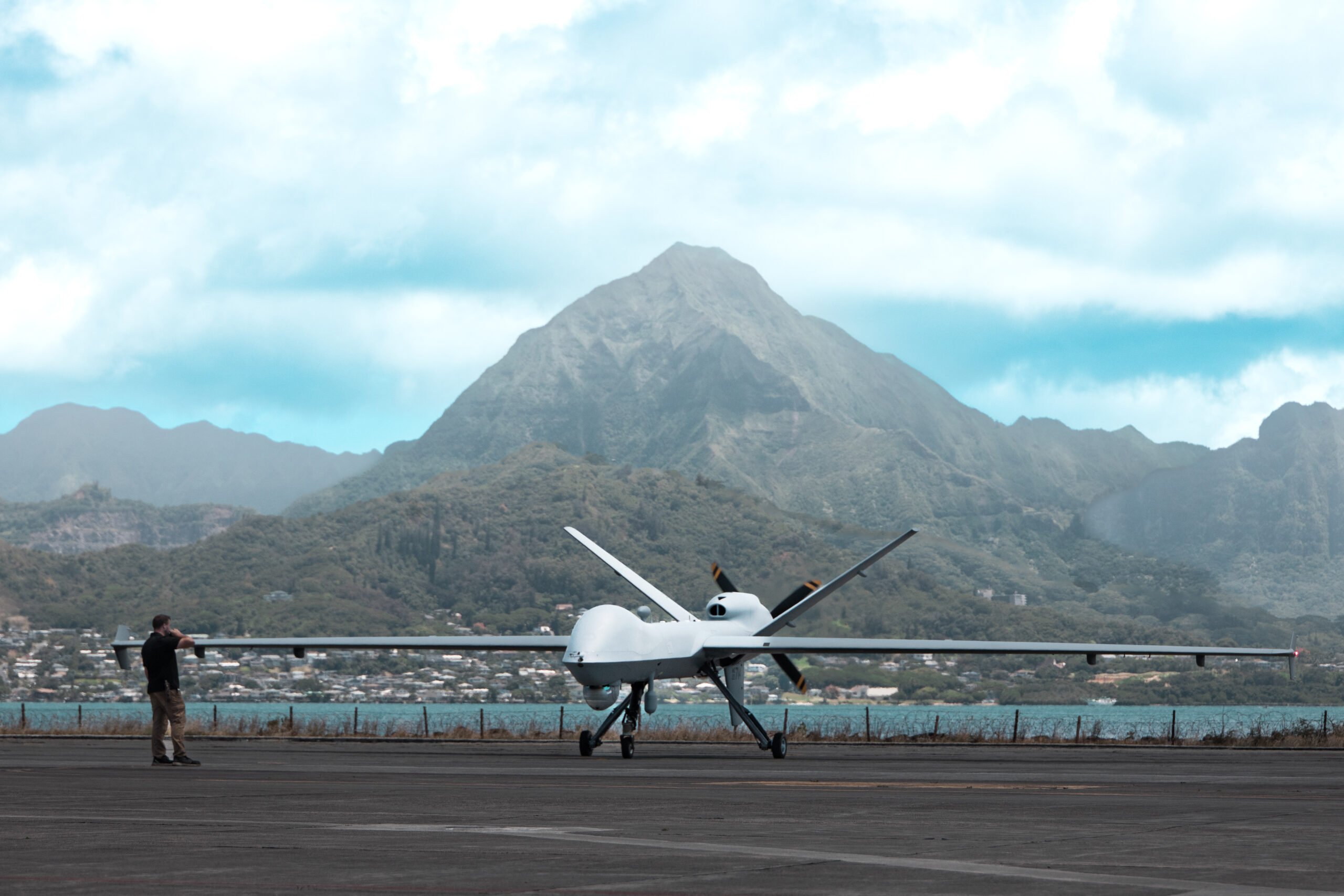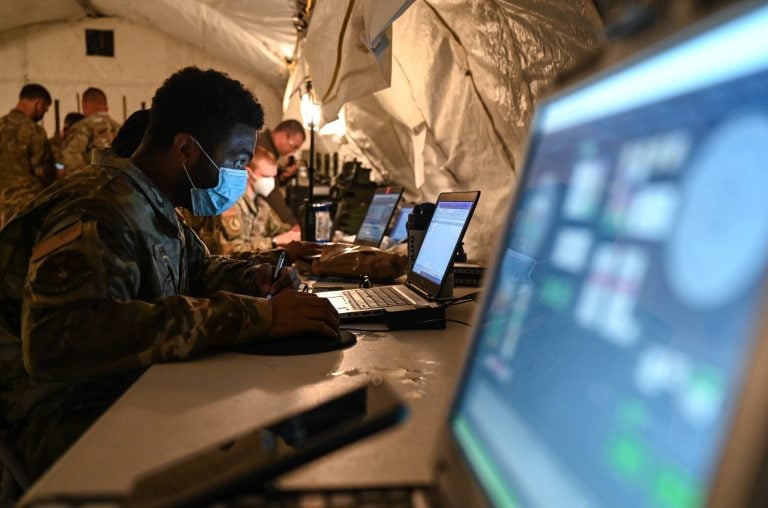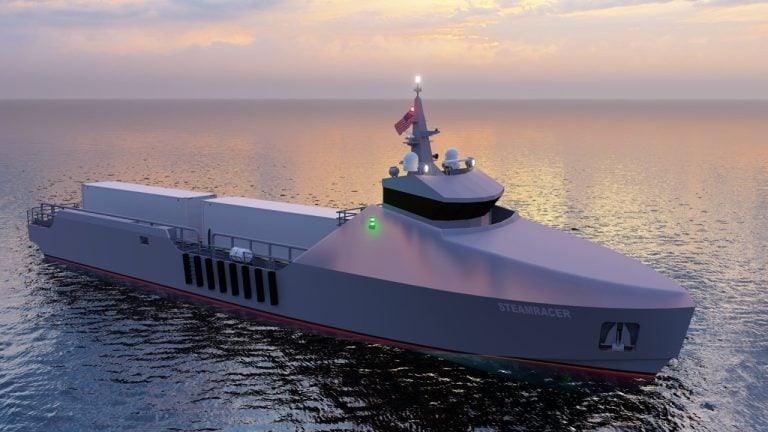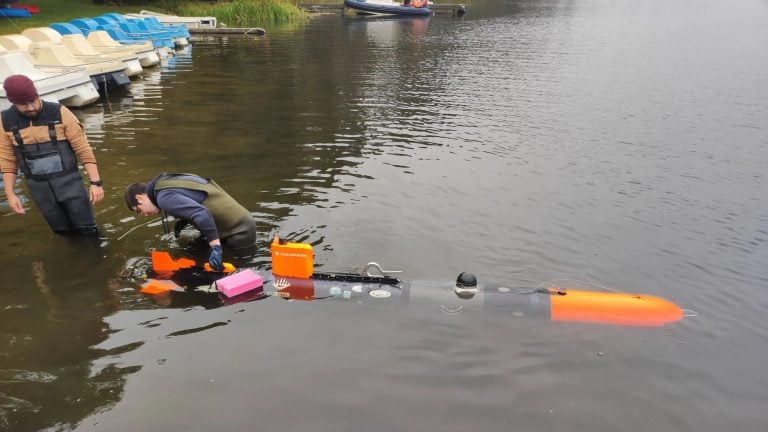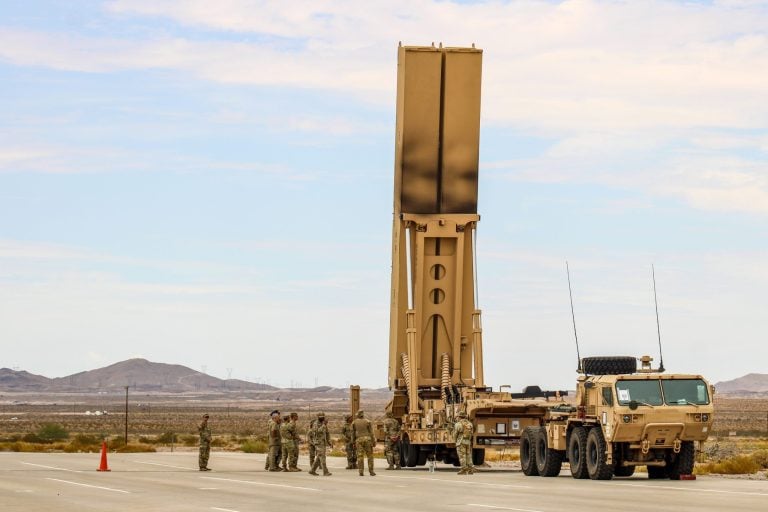The US Marine Corps has initiated the deployment of an MQ-9A Reaper drone to the Philippines in a strategic move aimed at enhancing the country’s ability to monitor increasing Chinese activities in the West Philippine Sea. This deployment is part of broader efforts to bolster maritime security in the region amidst ongoing tensions.
Operating from Basa Air Base in Floridablanca, Pampanga, the drone is managed by the Marine Unmanned Aerial Vehicle Squadron 1, which is based in Arizona. This air base is one of several locations across the Philippines where American forces have rotational access, facilitated by the Enhanced Defense Cooperation Agreement between the two nations.
The MQ-9A Reaper is designed for long-endurance surveillance missions, capable of remaining airborne for over 27 hours. It is equipped to gather real-time video and radar data across expansive maritime areas. According to local media reports, the Reapers currently in the Philippines have been verified as unarmed and are strictly designated for reconnaissance purposes.
The United States has not disclosed the exact number of drones deployed; however, it has indicated that this temporary rotation is intended to provide Manila with enhanced situational awareness over contested waters, which have seen increased surveillance by Chinese vessels shadowing Philippine Coast Guard and resupply operations.
A spokesperson from Marine Corps Forces Pacific stated that this deployment comes at the request of the Philippine government, with the objective of supporting regional maritime security through improved knowledge of maritime activities. This move reflects a mutual commitment to enhancing collective maritime security and aligns with the shared goal of ensuring a free and open Indo-Pacific.
This deployment coincides with the establishment of Task Force Philippines, a 60-member US-Philippine coordination unit aimed at strengthening joint responses to perceived coercive actions by China in both the West Philippine Sea and the wider South China Sea. The ongoing partnership highlights the strategic importance of maritime surveillance and coordination in addressing regional security challenges.
